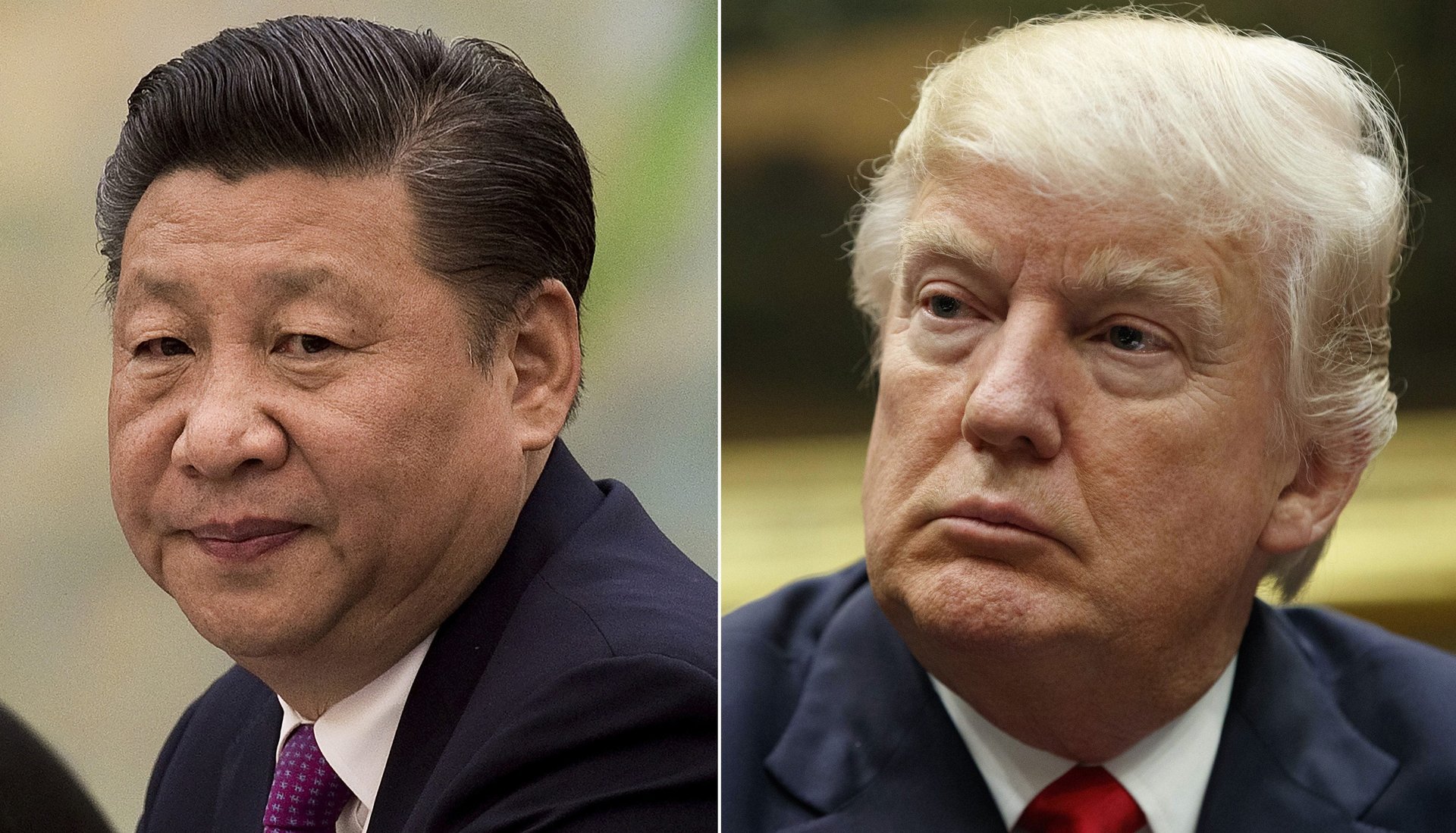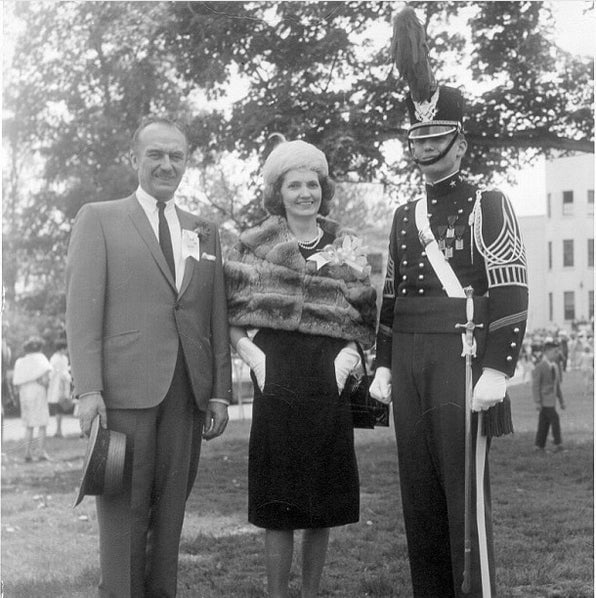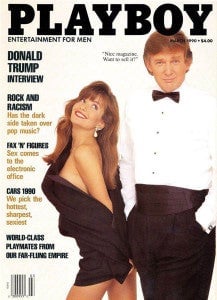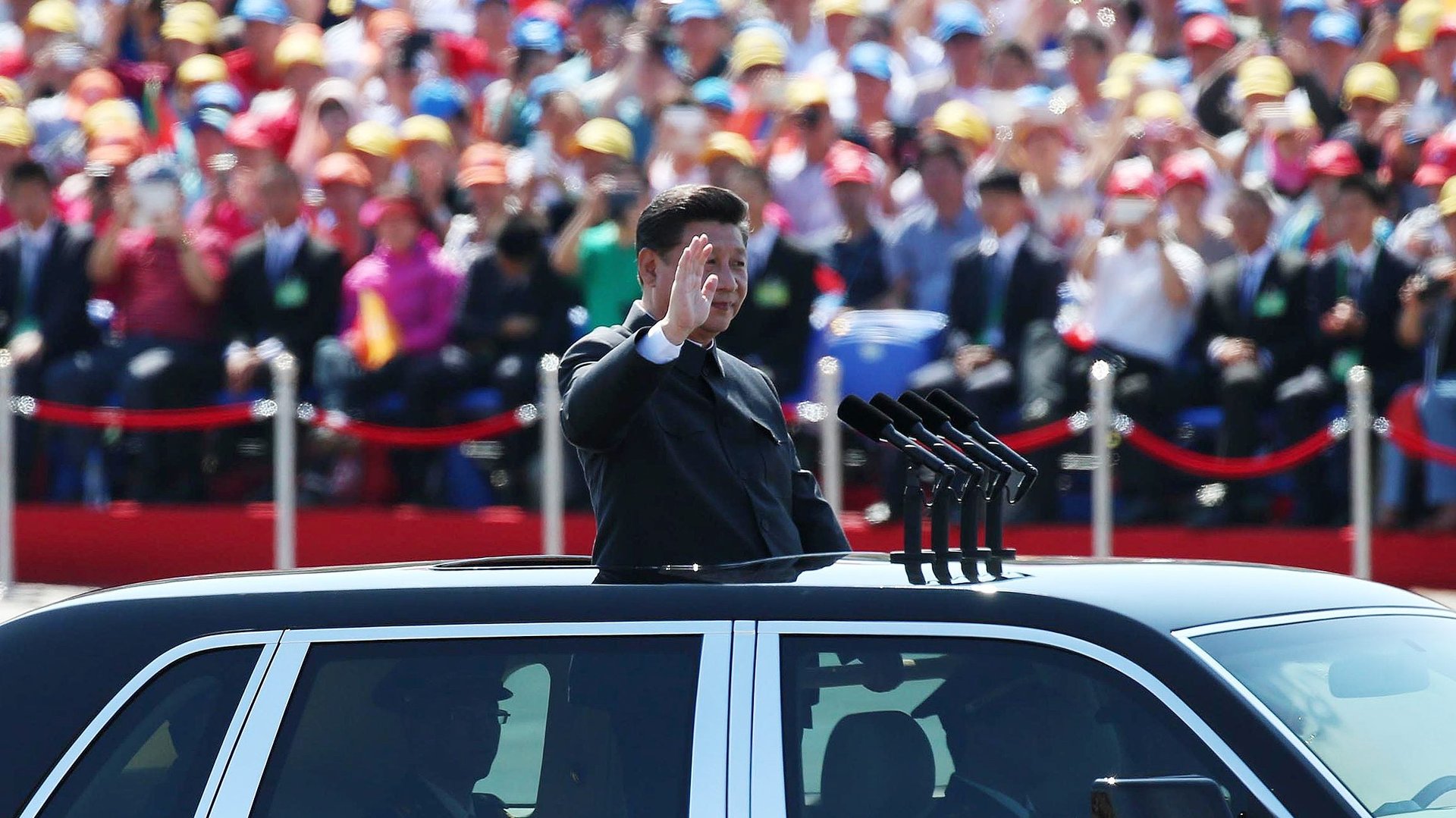America’s ex-playboy president may meet his match in the seasoned, disciplined leadership of Xi Jinping
The meeting between US president Donald Trump, 70, and China’s Xi Jinping, 63, in Florida this week, brings together two men with wildly different backgrounds and governing styles.


The meeting between US president Donald Trump, 70, and China’s Xi Jinping, 63, in Florida this week, brings together two men with wildly different backgrounds and governing styles.
While, Trump, a first-time politician, flaunted a flamboyant lifestyle through most of his adult years, Xi emphasized restraint and control as he steadily rose through the ranks of China’s Communist Party after a bruising childhood. As president, Xi has banned party members from playing golf, for example, while Trump has played at least one round nearly every weekend since he became president.
Trump has painted China on the campaign trail—and for years before—as a military threat, an enemy to America, and a currency manipulator. The Chinese Communist Party government in Beijing has barely reacted to his provocative words, talking instead of mutual benefits. What will emerge from the summit at this point is anyone’s guess, but the meeting will certainly provide a study in contrasts. Here are a few of the ways they differ:
A cave vs. a 23-room home
Xi Jinping was born in Beijing in 1953, the third of four children. His father, Xi Zhongxun, was a revolutionary veteran who helped found the People’s Republic of China and later served as the propaganda minister and a vice-premier during the 1950s and 1960s under Mao Zedong.
Donald Trump was the fourth of five children of a Scottish immigrant and a German-American real estate developer. He moved from his modest boyhood home (recently purchased by a buyer believed to be Chinese) into a 23-room house in Queens as his father became more successful.

Xi joined a prestigious private school at a young age, but when his father fell out with party leaders and was jailed and beaten, his family had to flee their home. Xi was banned from the Red Guard, a radical youth organization mobilized by Mao, and targeted with abuse during the Cultural Revolution. Once he was forced to wear a heavy cone-shaped metal hat in a parade as onlookers, including his mother, yelled “Down with Xi Jinping!”
Trump ”misbehaved so often” in elementary school “that his initials became his friends’ shorthand for detention,” a classmate recalled (paywall). He was quick to erupt in anger, and rarely admitted mistakes.
In 1969, a 15-year-old Xi was sent to northern China’s Liangjiahe village as part of Mao’s program forcing city youth to undergo “reeducation” in the countryside.
He spent seven years there, tending sheep and sleeping in a cave, which he said later helped him fully understand the Chinese people and society. In a 1995 interview he bragged he could easily carry 100 kg (220 pounds) of wheat along a 5 km (3 miles) mountain road, “without even switching shoulders” during that time period.

Trump was sent at 13 to the New York Military Academy, an upstate New York boarding school (since purchased by Chinese buyers), because of his poor behavior. There, he received “more military training than a lot of the guys that go into the military,” he said (paywall) on the campaign trail. Trump never served in the military, after deferring the draft five times during the Vietnam War.
Political rise vs. a financial rollercoaster
At age 22, Xi enrolled in Beijing’s prestigious Tsinghua University to study chemical engineering, based on his political merit rather than test scores, and then served as a secretary to a subordinate of his father’s. From the 1980s to the early 2000s, Xi spent most of his career in the southern Fujian province, holding various posts up to regional party chief. Later he was transferred to govern Zhejiang province and Shanghai. In 2007, he joined the party’s elite Politburo standing committee, and became president in early 2013.

Trump attended the University of Pennsylvania’s Wharton School, then started his own real-estate business with a $1 million loan from his father; he took subsequent loans worth millions (paywall) more from the elder Trump. Trump developed residential buildings, hotels, and casinos, while earning reputation as a playboy in New York City. (Literally: He appeared on the cover of Playboy magazine in March of 1990). He has also bragged about sexually assaulting women, and has been accused by several women of the same.
At one point, Trump owed banks $4 billion, and businesses he controlled filed for bankruptcy six times, including the Atlantic City Taj Mahal casino, leaving employees with millions in unpaid earnings. The Trump Organization since the 2000s has focused mostly on licensing the Trump name to hotels and property developments around the world.
Thoreau vs. Fox News
Xi loves to read, or at least to name his favorite writers during overseas speeches. He has referenced writers including Thomas Paine, Henry David Thoreau, Walt Whitman, Mark Twain, Jack London, and Ernest Hemingway in speeches in the US, and opened his speech at the last World Economic Forum in Davos with the Charles Dickens quote, “It was the best of times, it was the worst of times.”
Xi also loves Hollywood action movies, including “Saving Private Ryan” and “Flags of Our Fathers,” according to a leaked diplomatic cable.
Trump is an obsessive watcher of cable television news, and reportedly devours hours a day, especially shows on the right-wing Fox News network. He is reading a book about former US president Andrew Jackson, he said last month, and screened the animated feature “Finding Dory” at the White House movie theater after his inauguration.
An iron fist vs. apparent chaos
As president of China, Xi controls the world’s largest authoritarian dictatorship, and under his reign the government has cracked down on free speech, human rights, and political dissent. Booksellers who published books critical of Xi have been abducted from Hong Kong, and factory workers who organize protests for their deserved benefits jailed, while online censorship and spying on citizens by the government have increased.

Trump has been president of the US for less than three months, but even fellow Republicans are critical of the White House’s chaotic approach. So far he has issued a series of executive orders, a budget request, and a health-care bill that, collectively, give more power to the military and law enforcement; limit immigration and crack down on undocumented immigrants; defund foreign aid and women’s health programs; roll back protections for workers and the environment; and transfer wealth from the poor to the rich. However, several of his key initiatives have foundered in the face of court rulings or political opposition from within his own party.
Xi is also known for spearheading an anti-corruption push aimed at rooting out the bribe-taking and graft that were rampant in the Communist Party. It has resulted in tens of thousands of arrests—and also the sidelining and imprisonment of his political enemies, including the charismatic and popular politican Bo Xilai. Under Xi, politicians are forbidden from having mistresses, playing golf, or indulging in “extravagant eating and drinking.” A cult of personality has built around Xi, earning him the nickname “Big Daddy Xi”.
Trump too came to office promising to “drain the swamp” of special interests, corruption, and Washington insiderism. He has imposed certain limits on lobbying, but has appointed close family members to senior positions and refused to divest his own business ties, breaking decades of US government tradition. His cabinet and White House staff rank among the wealthiest in history.
America first vs. a new world order
While Trump has promised to put “America first” from his first, dark, speech as president, Xi is promising to lead a “new world order,” language more reminiscent of one of Trump’s predecessors. Already having become the most authoritarian Chinese leader since Mao, Xi will almost certainly assume a second five-year term at this fall’s party congress, and there is speculation he will linger in power (paywall) even beyond that.
A slow-growing economy remains one of Xi’s biggest challenges. Last weekend, Xi announced to create a new economic zone near Beijing to rival with Shenzhen. He touted the plan as a “1,000-year project,” a rare term that shows his ambition to inject new impetus to growth.
Trump, meanwhile, has pledged to spend $1 trillion on infrastructure in the US, and bring back industries from coal-mining to manufacturing to steel production. Part of that is predicated on demanding better trade terms from China. It will be interesting to see whether he succeeds.